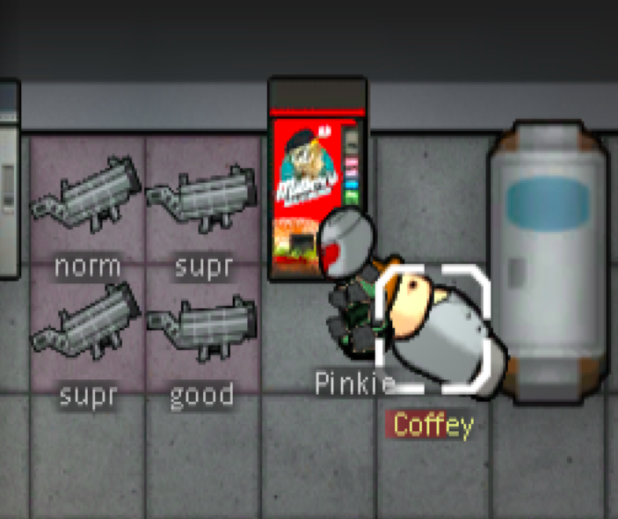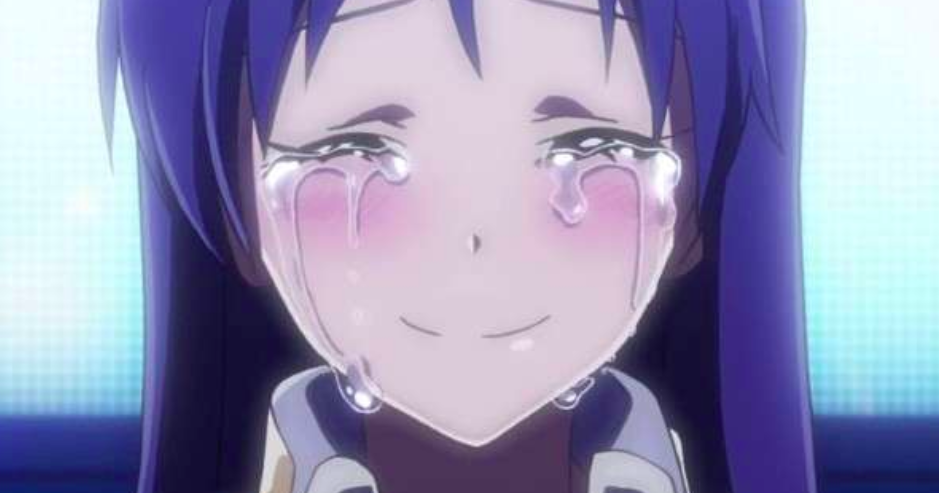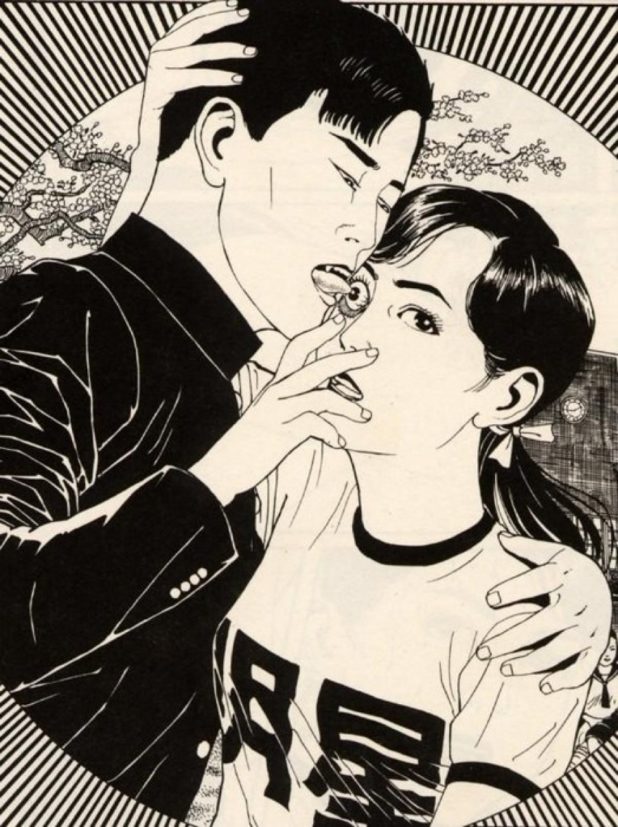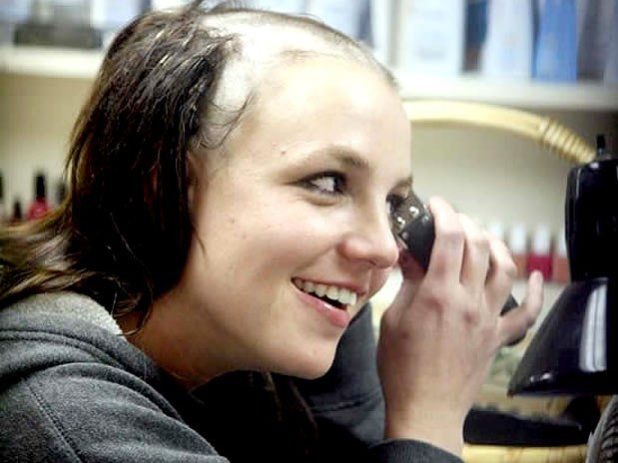Pomidor Quixote and Andrew Anglin
Daily Stormer
March 27, 2020

Isolation is unhealthy enough for mental health professionals to start voicing their concerns.
Did governments even consider the negative aspects of isolation before forcing everyone into this sick social experiment?
Mental health professionals say the social distancing and isolation designed to slow the spread of the coronavirus poses a serious threat to people for whom social contact is a key element of support and treatment.
But there are things you can do to maintain your overall mental health, says Kita S. Curry, PhD, President and CEO of Didi Hirsch Mental Health Services.
Curry spoke with CBS Local on Wednesday:
CBS Local: What could the consequences of loneliness be during this time?
Kita S. Curry: Research indicates that isolation can negatively impact the health of your mind and your body. But, the reverse—feeling connected is not based on how many friends and family you have in your life. It’s based on whether you feel others truly care for you and are there for you.
Those who live alone have a special challenge right now, though, because people who normally might be in touch, in person or via technology, may be caught up in all the new challenges of daily life. On the other hand, if people in a household are all holed up in separate rooms watching TV, playing video games, etc., they also may be feeling isolated, especially if they are young children or are adults without emotionally fulfilling phone or social media contacts.
The risks of loneliness are compounded by the fact that we are all threatened by a deadly virus that we have no control over except through hygiene and social distancing, and we don’t see an end in sight. Helplessness and hopelessness are correlated with a high risk for depression and other mental health conditions, possibly even suicide.
People are already starting to kill themselves because of this bizarre T-Virus style lockdown.
CBS: What are the harms from prolonged cabin fever?
KC: If we don’t create a healthy new normal within the confines of our homes, we face a variety of risks, even in homes where domestic violence and child abuse are not an issue. Some of us are likely to engage in bad habits whether alone or with others, such as excessive alcohol use, overeating, etc. Others will be addicted to the news, which only increases anxiety. That preoccupation also means we aren’t engaging in positive behaviors and routines. And, of course, when we are stressed and feel trapped, conflict is likely to increase.
You can lessen cabin fever by creating a new universe within your home. If you live with others, talk together about how you will do this, but the same principles apply if you are living alone. Establish routines; get up and go to bed at regular times; make the bed; get dressed like you were going out; eat regular meals; identify projects you can do such as gardening, sewing, exercising or Marie “Kondo-ing” your books, clothes, etc.
…
CBS: How does cabin fever differ for children versus adults?
KC: Children are anxious when they miss school and their friends. They pick up on their parents’/caregivers’ agitation without necessarily understanding it and may fill in the blanks with even worse interpretations. Caregivers need to calmly explain what is going on and reassure them that these changes will help everyone stay healthy. Kids will do better if everything we can control stays as normal possible, which includes predictable bedtimes and meals but also opportunities to be rambunctious and to play. These responsibilities can be seen as burdens or opportunities.
This coronavirus mass hysteria is likely to leave a scar on people’s psyches, and if you consider that children are still in development and that their brains are more vulnerable to trauma, then the picture gets darker.
Following daily routines can only take you so far.
We need human contact.
But we can’t even chat with our neighbors about this stupid virus itself because of this Twilight Zone level hysteria foisted upon us by the media.
Even if you don’t consider the hysteria over this virus a form of mass psychosis (it obviously is; see toilet paper hoarding), you’re going to see a lot more serious mass psychosis when people start to snap in isolation.
We’ve never done an experiment like this before and the idea that the outcome could be anything other than catastrophic is laughable.



